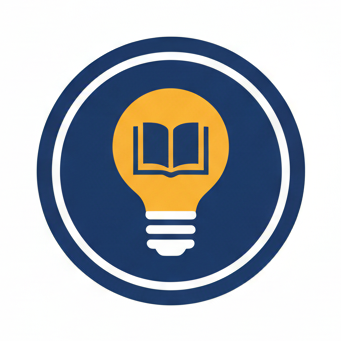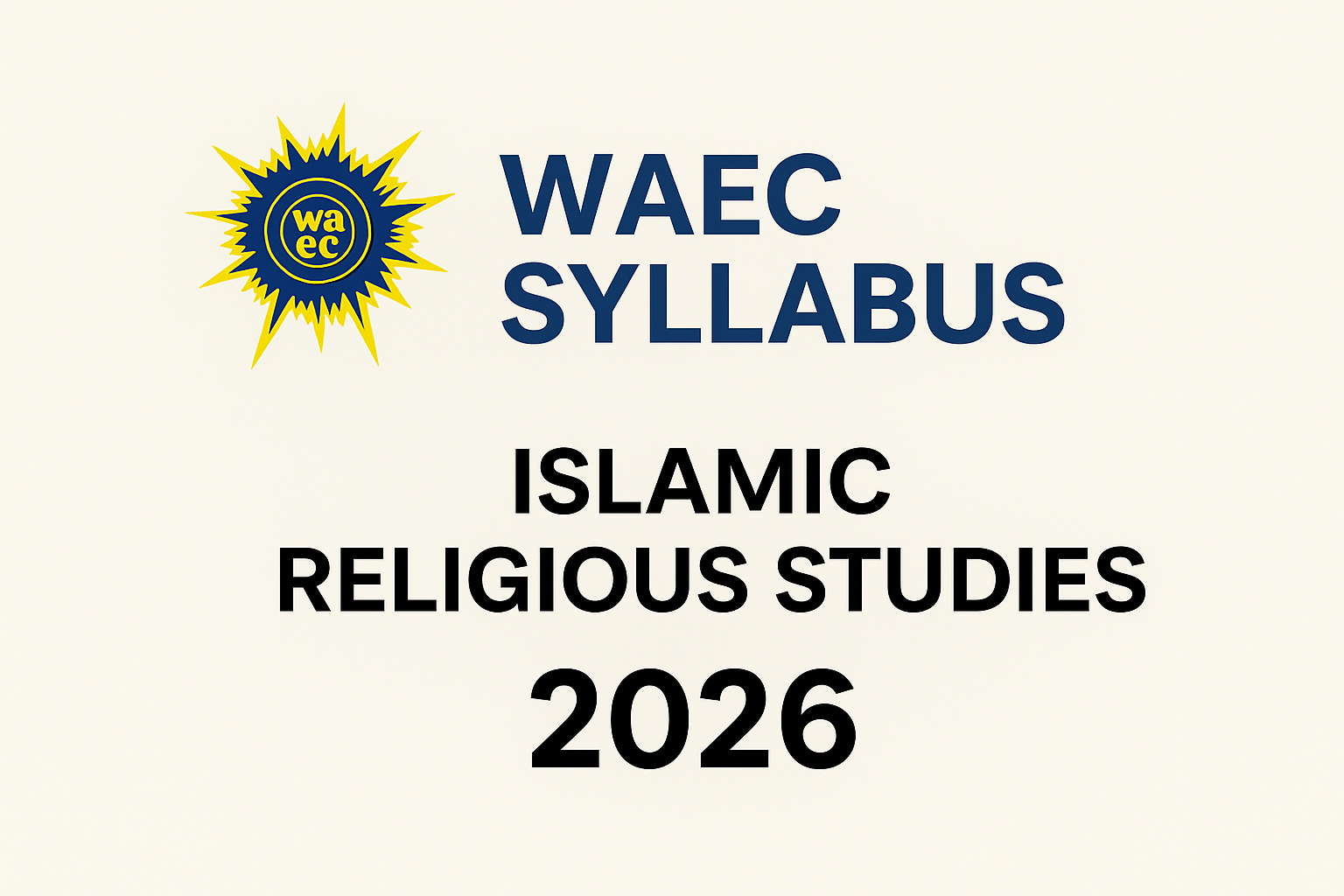Preparing for the WAEC Islamic Religious Studies (IRS) 2026 exam becomes much easier when you understand the official syllabus. This syllabus outlines exactly what WAEC expects you to study, the topics to focus on, and the areas where questions will come from.
IRS is a subject that strengthens your understanding of Islam, its teachings, beliefs, history, morals, and the life of Prophet Muhammad (SAW). This content breaks everything down in a simple, humanised way to help you study better and score high.
Why the WAEC IRS Syllabus 2026 Is Important
Using the syllabus helps you:
- Know the exact topics WAEC will set questions on
- Avoid reading irrelevant or outdated content
- Organise your study schedule
- Understand key Islamic teachings clearly
- Prepare confidently for both objective and theory questions
With the right preparation, scoring an A in IRS is very achievable.
Full Breakdown of the WAEC IRS Syllabus 2026
WAEC divides the IRS syllabus into major areas that cover the Qur’an, Hadith, Islamic faith, history, and morals. Below is the simplified, easy-to-read guide.
1. The Qur’an (Tajwīd, Understanding, and Interpretation)
You will study:
- Selected Surahs
- Their meanings and lessons
- Tajwīd rules and correct recitation
- How Qur’anic teachings guide everyday life
Students must understand the themes, morals, and messages in the selected verses.
2. Hadith (Teachings of Prophet Muhammad SAW)
This section includes:
- Selected Hadiths
- Explanation and application of their meanings
- Qualities of a good Muslim
- The Sunnah and how it guides Islamic lifestyle
You will be tested on understanding, interpretation, and real-life application of the Hadiths.
3. Tawheed (Islamic Belief System)
Topics include:
- The Oneness of Allah
- Attributes of Allah
- Angels and their duties
- Divine books
- Prophets and messengers
- The Hereafter (Akhirah)
- Qadar (predestination)
You must know the beliefs that form the foundation of Islam.
4. Fiqh (Islamic Jurisprudence)
This section covers:
- Acts of worship (Ibadah)
- Prayer (Salah)
- Fasting (Sawm)
- Zakat and charity
- Hajj and Umrah
- Marriage and family laws
- Business transactions in Islam
- Halal and Haram
WAEC often asks application-based questions here.
5. Islamic Ethics and Morals (Akhlaq)
You will learn:
- Qualities of a good Muslim
- Honesty, patience, kindness, humility
- Relationship with neighbours
- Respect for parents
- Modesty and self-discipline
- Avoiding bad habits and immoral behaviour
These topics focus on building sound character.
6. Islamic History (Seerah & Khulafa’u Rashidun)
This part explores:
- The life of Prophet Muhammad (SAW)
- His challenges, teachings, and achievements
- The migration (Hijrah)
- Battles of Islam (Badr, Uhud, Khandaq, etc.)
- The Caliphs: Abu Bakr, Umar, Uthman, and Ali
- Contributions of early Muslims to Islamic civilisation
These historical events help you understand the development of Islam.
7. Islam in West Africa
WAEC also tests:
- The spread of Islam in West Africa
- Early scholars and Islamic centres
- Islamic culture and education
- Role of Islam in shaping societies
This section connects history with modern Islamic practice in the region.
8. Contemporary Islamic Issues
You will study:
- Islamic views on modern challenges
- Corruption
- Social media and morality
- Extremism and misconceptions
- Gender matters in Islam
- Peacebuilding and conflict resolution
WAEC uses these topics to test how well you relate Islamic teachings to today’s world.
Related Posts:


Leave a Reply